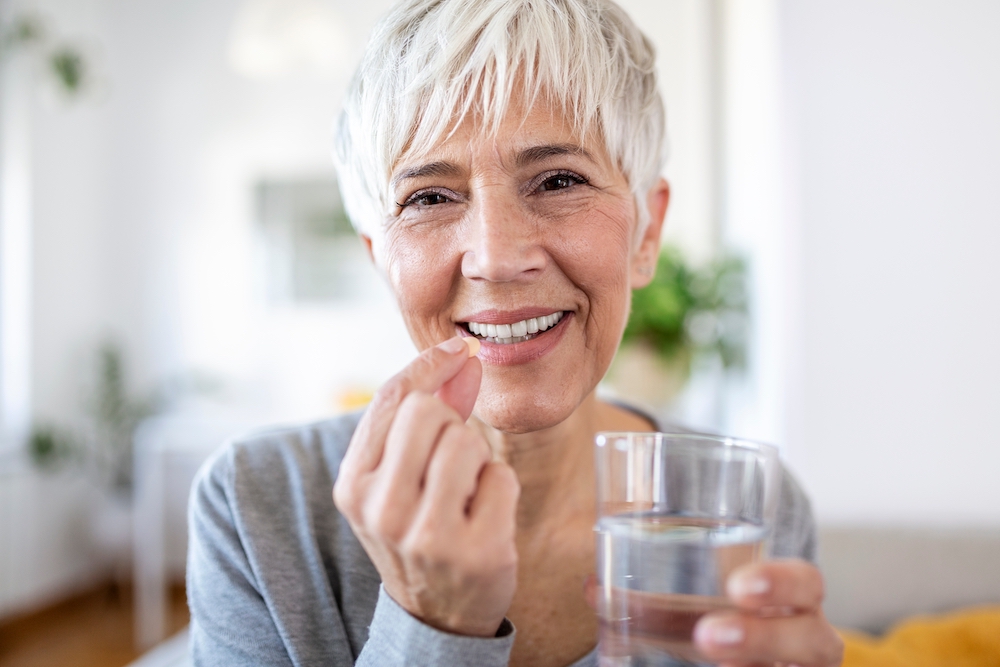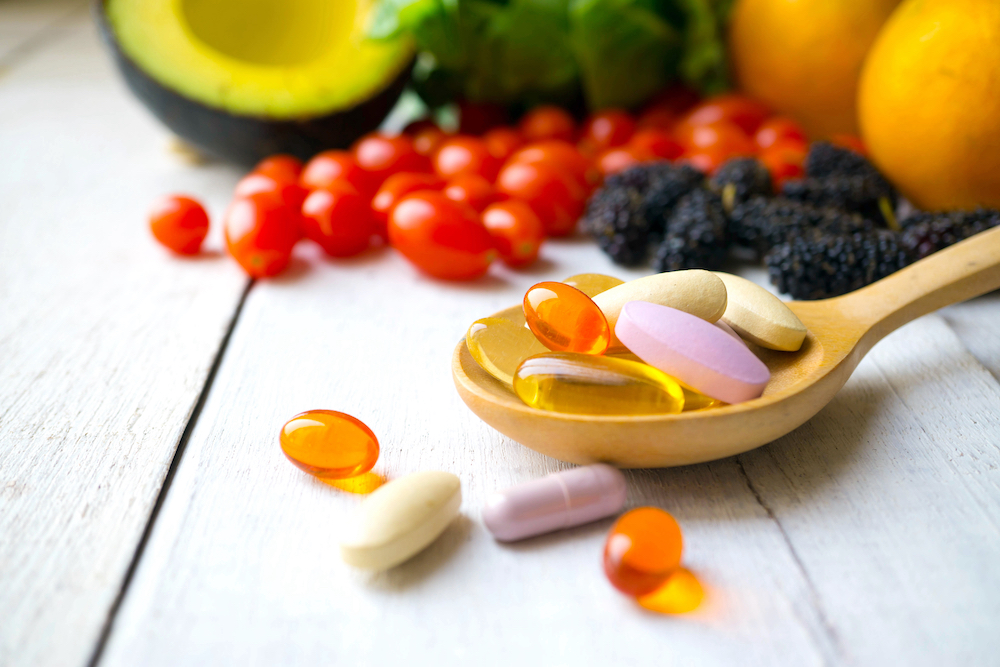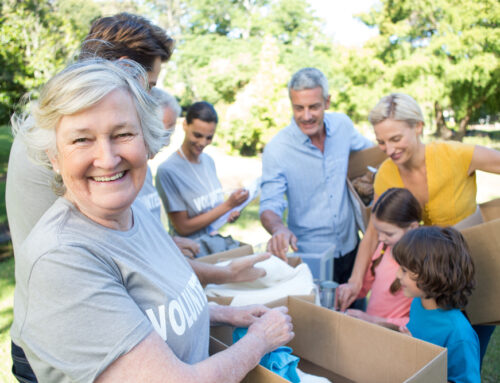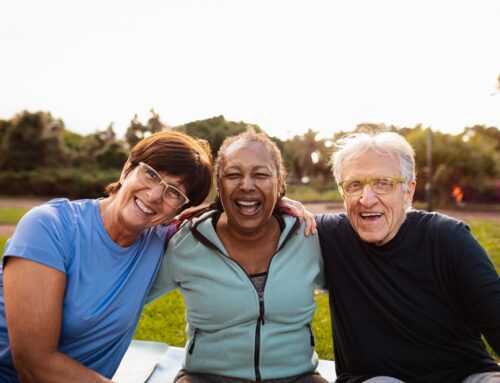Why should seniors take vitamins?
It’s more important than ever before as a senior to take care of your health. Good nutrition and exercise are important to maintain a healthy lifestyle into your golden years, but many seniors struggle to get their basic vitamins even if they do their best to practice these good habits.
There are many reasons for this. First, our bodies simply find it harder to digest some nutrient rich foods as we age, and that makes it more difficult for our bodies to absorb the nutrients that we need. And as we age, our bones – including our teeth – can become more brittle. Brittle teeth make things more difficult to chew, causing some of the more nutrient rich foods we may eat regularly to become inaccessible to the more elderly population.
Other reasons include a general lack of sunlight exposure, reducing Vitamin D intake, a lack of energy or willingness to cook (and microwave meals, while pretty tasty, are not always full of what you might need), or even just general medication side effects. These things don’t seem detrimental if you look at them individually, but combined together, they can make it difficult for elderly loved ones to get exactly what they need.
At our Madison Heights independent living facility, we strive to make sure that not only does your senior loved one have access to restaurant quality, nutrient-rich food, but that they also have access to everything that they may desire to keep their health up. From our dining to our beautiful grounds to get that Vitamin D, we do our best to keep your senior happy, healthy, and well all year long.
If you still have some concerns that your senior may not be getting all of the nutrients that they need, here are some great vitamins and supplements to try after speaking to your doctor:
1.) Omega3 Fatty Acids
Omega3 fatty acids are found in foods like salmon, nuts, and tofu, and promote a wide variety of health benefits. Omega3 fatty acids have been known to help reduce joint pain and swelling, lower blood pressure, lower the chance of having a heart attack, and may even promote better cognitive function (though this isn’t proven).
Taking something like a fish oil supplement can help your senior’s body get the Omega3’s it needs. This way, even if your senior isn’t the biggest fan of fish, they’ll be able to get the benefits from those Omega3 supplements.
2.) Vitamin B12
Vitamin B12 is vital in keeping your blood and nerve cells healthy. This is a vitamin that is commonly found in food, but if you don’t often eat animal products or have a mostly vegetarian or vegan diet, then you might have a Vitamin B12 deficiency.
Even though, as seniors, you may be eating a lot of animal products, you might still have a Vitamin B12 deficiency as this vitamin is more difficult for our bodies to absorb as we age. While you could up your portions of meat, fish, poultry, or eggs, it might be a little easier to begin taking a supplement to make sure that you’re meeting the levels of Vitamin B12 you need.

3.) Calcium
As children, we were all told that we needed to drink our milk in order to make our bones nice and strong! It might be shocking, but it turns out that your parents really weren’t lying to you. Milk, cheese, canned fish with soft bones (like canned tuna or salmon), and dark, leafy greens are the best for making sure you get that calcium in your diet.
However, bones become more brittle as we age, making calcium even more important to our diet than ever before. If you’re not drinking your milk everyday, that may be detrimental to your bone health, which can reduce your mobility, increase your pain, and make it harder to keep up your active lifestyle.
Not getting enough calcium can be a result of many things: some people simply don’t like the taste of milk or cheese, and others still may suffer from lactose-intolerance which makes it extremely difficult to get their calcium intake. Calcium supplements may be able to help keep up your calcium intake and keep your bones healthy and strong.
4.) Vitamin D
Vitamin D is the sunshine vitamin – the one that your body produces when you spend time outside in the natural sunlight. Vitamin D is essential for good health and well-being – not only physically, but mentally as well.
Most of the time, seniors suffering from a Vitamin D deficiency are ones that simply aren’t able to get outside and enjoy the fresh air as easily. And that’s the most difficult pill to swallow because Vitamin D is one of the most important in your body, promoting good bone health, good immune system health, weight loss and weight management, and more. It’s mind-boggling to think that something as simple as being outside in the sunshine can have so many wide and varied health benefits, but it’s true!
Here at our Madison Heights independent living facility, we have so many ways for your senior to enjoy the outdoors in the sunshine to get that much-needed Vitamin D. From our outdoor dining facilities, to our beautifully landscaped grounds, to our outdoor porches and patios, the Reserve at Redrun promotes being outside in the sunshine as an easy and accessible way to stay healthy and happy.
How We Can Help
At our Madison Heights independent living facility, we strive to make sure that every senior in our care has access to delicious meals that promote healthy well-being, get the activity and outside time that they need to get the Vitamin D exposure, and overall maintain a healthy lifestyle.
We understand that every senior is different, and so we will work to make sure that your senior’s experience is the best that it can be. If you’re interested in reserving your spot at the Reserve at Redrun, contact us today.






